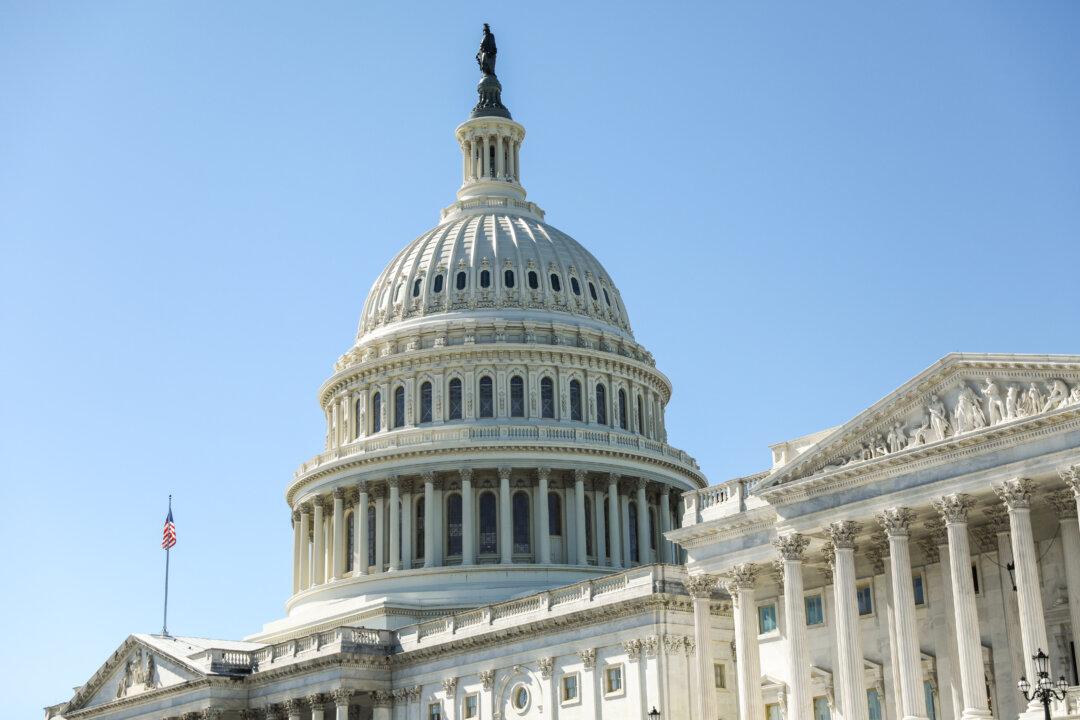The House Rules Committee on Wednesday heard testimony on whether to grant the Cherokee Nation a nonvoting seat that was promised in a treaty nearly 200 years ago.
“Today, I come before you to remind you of the promise the federal government made to our ancestors,” Cherokee Nation principal chief Chuck Hoskin Jr. said in his opening statement. “I ask the House of Representatives to honor this treaty right, fulfill its obligation under the treaty, and seat our delegate.”





